Specifically, when reviewing and comparing the salary scale, it shows that the salaries of most teachers (except college and university lecturers and vocational education teachers) are ranked lower than those of civil servants in other sectors such as health, construction, transportation, justice, culture - sports, science and technology, information and communication, etc.
According to the Ministry of Education and Training , civil servants in other sectors are currently classified into 3-4 ranks, enjoying a salary scale of 6-8-10.
In which, except for medical officers and science and technology officers who require a doctorate or master's degree with level I, other sectors only require the general training level of officers from level III to level I to be university.
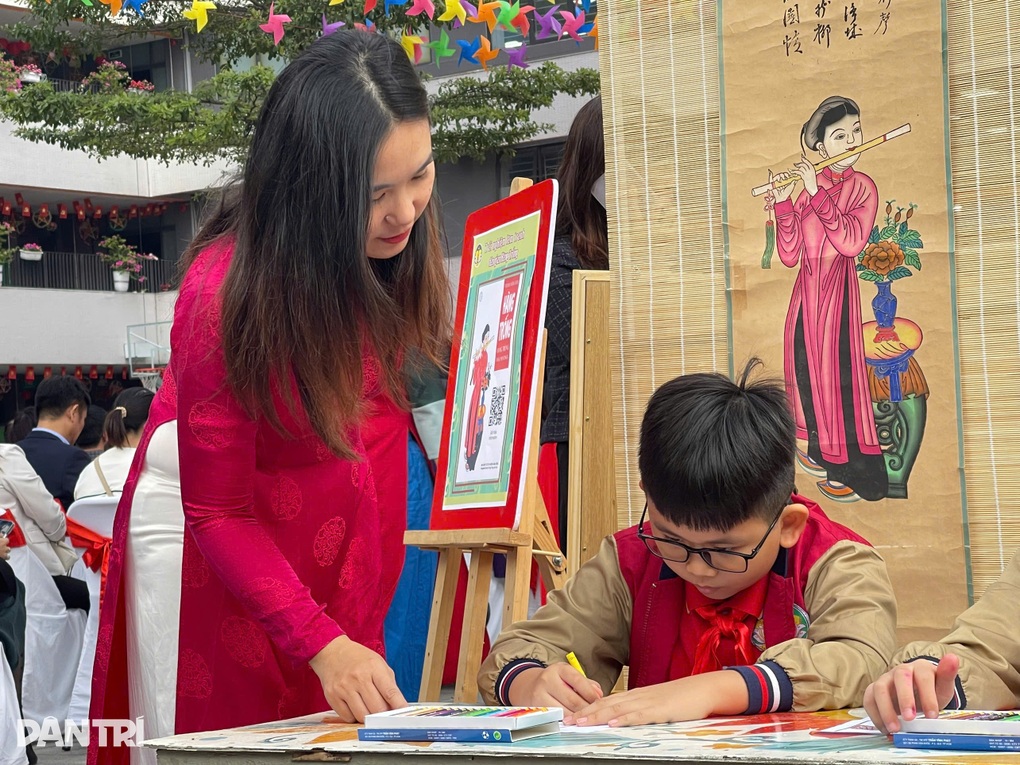
When reviewing and comparing salary scales, it shows that most teachers' salaries are lower than those of civil servants in other sectors (Illustration: My Ha).
Except for university and college lecturers and vocational education teachers, teachers are also classified into 3-4 ranks, most of whom are on salary scale 5-6-7-8, and are preschool, general education, university preparatory, and continuing education teachers.
In particular, the salary scale applied to preschool teachers is at scale 5-6-7 (out of 10 scales), while other civil servants mainly enjoy salary scale 6-8-10.
From that, it can be seen that the salary scale applied to preschool teachers is the lowest among the teaching positions and lower than all other civil servants in other sectors and fields. While the working environment and the nature of the professional activities of preschool teachers have been proven to be difficult in practice.
The Ministry of Education and Training believes that salary is the key solution to attract talented people to become teachers, thereby improving the quality of education and training. This is also a solution to help teachers feel secure in their work and contribute to the cause of education and training.
However, according to the above comparison, the salaries of most teachers are lower than those of civil servants in other sectors.
Therefore, the Ministry of Education and Training is advising the Government to issue a decree regulating salary and allowance policies for teachers. One of the prominent policies expected to be stipulated in this decree is that all teachers will enjoy a "special salary coefficient".

Salary is the key solution to attract good people to become teachers (Photo: My Ha).
In which, preschool teachers enjoy a special salary coefficient of 1.25 compared to the current salary coefficient; other teaching positions enjoy a special salary coefficient of 1.15 compared to the current salary coefficient.
For teachers teaching at schools, classes for the disabled, centers to support the development of inclusive education, and boarding schools in border areas, an additional 0.05 is added compared to the prescribed level.
The special salary coefficient is calculated with the salary level and is not used to calculate the allowance level with the following salary calculation formula:

According to the Ministry of Education and Training, the issue of teachers' salaries can only be fundamentally resolved when the Government issues a new salary policy and rearranges the salary scale of teachers and other civil servants.
However, in the context that the Government has not yet issued a new salary policy, it is necessary to issue regulations on specific salary coefficients such as the draft decree regulating salary policy and allowance regime for teachers as planned.
Although the special salary coefficient does not help teachers' salaries to be ranked "highest", it will help teachers' salaries to be ranked "higher" than civil servants with the same applicable salary scale.
According to current regulations, teachers' salaries are not ranked highest in the administrative career salary scale system, and most teachers are even ranked at a lower salary scale.
In the 10 salary scales arranged in order from low to high currently, only 3 teaching positions are subject to the salary of type A3 civil servants: senior university lecturer, senior vocational education lecturer, senior vocational education teacher, accounting for about 1.17% of the total number of teachers.
While this rate in other industries and fields is about 10% compared to the total number of civil servants in the industry and field.
Source: https://dantri.com.vn/giao-duc/bo-giao-duc-neu-ly-do-luong-hau-het-giao-vien-dang-thap-hon-cac-nganh-khac-20251105230320872.htm







![[Photo] Closing of the 14th Conference of the 13th Party Central Committee](https://vphoto.vietnam.vn/thumb/1200x675/vietnam/resource/IMAGE/2025/11/06/1762404919012_a1-bnd-5975-5183-jpg.webp)
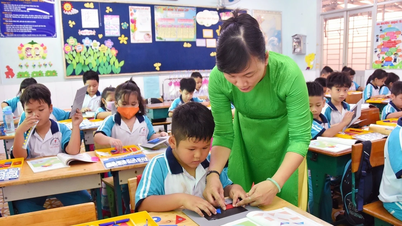



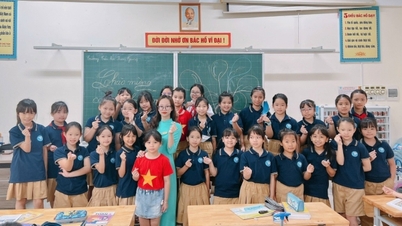





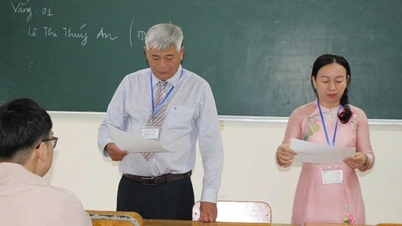

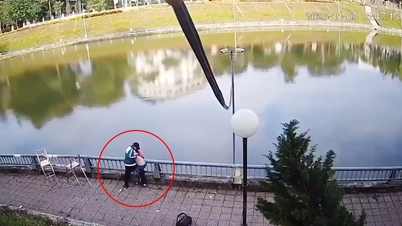






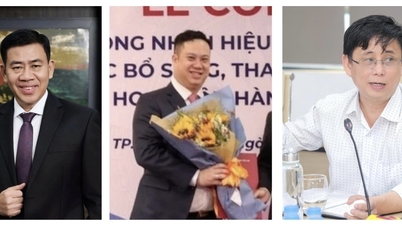




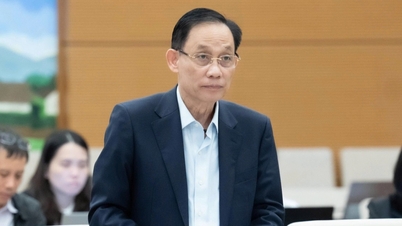
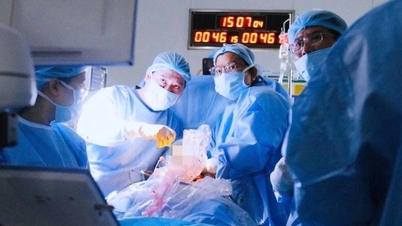



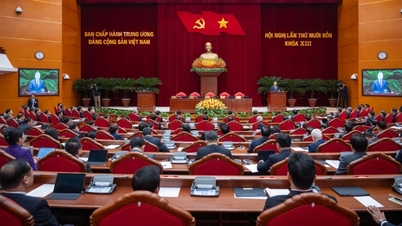






































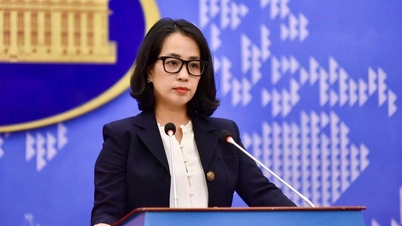
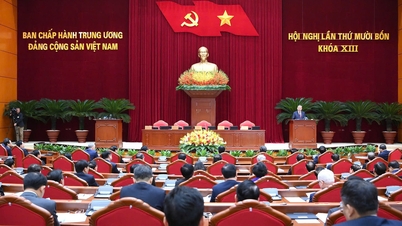

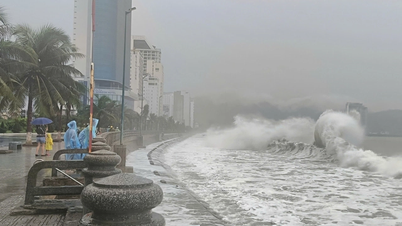
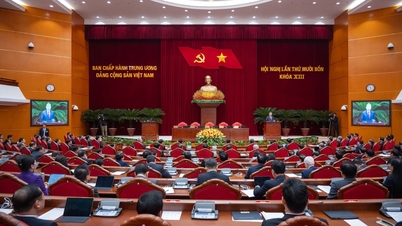





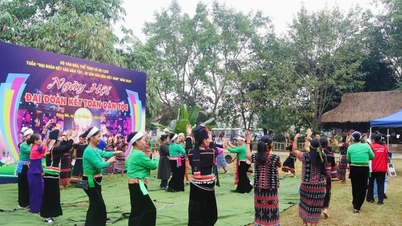
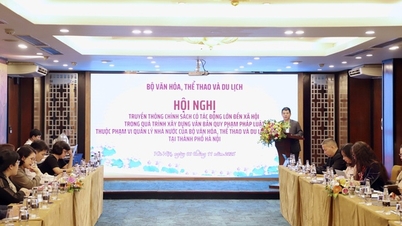


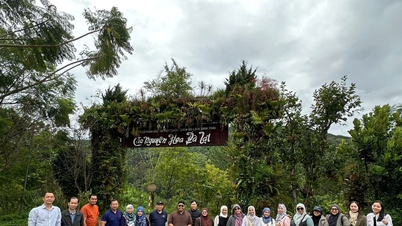

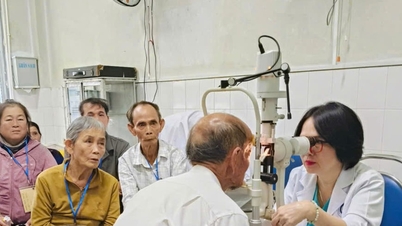

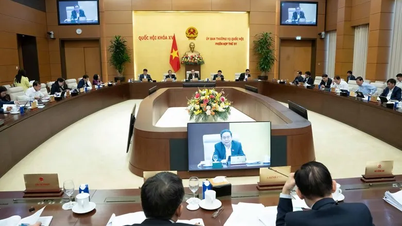
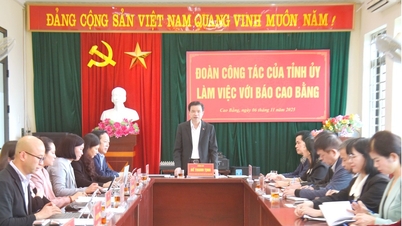















Comment (0)